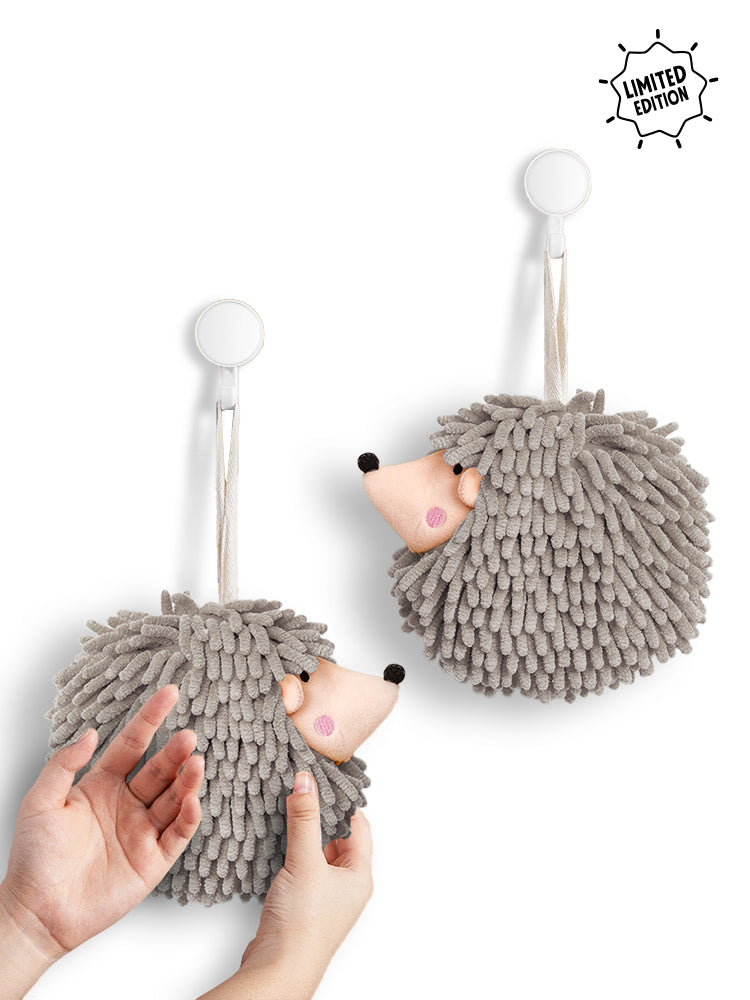
Do you feel like you’re constantly tackling your decluttering to-do list… with absolutely no end in sight?
Does it seem like every time you make decent progress, everything slips back into chaos over time?
You aren’t alone.
Decluttering is one thing – but keeping your space decluttered is another struggle altogether. Now, to be clear, you can’t expect to declutter once and keep things immaculate without any additional effort. Decluttering does require ongoing maintenance – it isn’t a one-and-done thing.
But there’s a big difference between a little bit of effort to keep things in order and having to undergo a massive decluttering project again and again.
And without the right behaviors and systems in place to help you keep your space neat and clean, it’s just a matter of time before your hard work is completely undone and you’re back at square one.
Fortunately, there are a few things you can do to keep your home from getting re-cluttered as quickly as you can tidy it up.
Not sure what that looks like? Keep reading to understand the reasons decluttering feels never-ending – and learn some steps you can take to help preserve your hard work and create lasting results when you declutter.
5 Reasons Decluttering Feels Never-Ending
If you’ve decluttered your home only to feel like your home is still cluttered or gets re-cluttered, here are five reasons decluttering feels never-ending (and steps you can take to change it).
Reason #1: You haven’t changed your spending habits.

Decluttering your home can only do so much when you’re constantly bringing in more stuff. Anything and everything you buy can contribute to clutter if it becomes something you don’t love or use. There’s nothing wrong with making intentional purchases that add value to your life. But for many of us, it’s easy to justify purchases as essential when they’re truly unnecessary. And with the ability to buy virtually everything you could imagine on Amazon with the click of a button, it’s become even easier to shop for whatever’s on your wish list from the comfort of your couch.
There are a couple of things you can do to bring this under control. First, reign in your spending habits. Create a realistic budget and stick to it aggressively. Monitor your balance and keep yourself in check. Determine if something is a want vs a need. Figure out what your shopping triggers are and curb them. It will require some self-restraint, but you’ll see big benefits. Not only will you make it easier to keep your house clutter-free, but you’ll be able to repurpose those funds to pay down debt or increase your savings. And in situations where you need to buy something new? Embrace the one in, one out policy. For every non-essential item you bring into your home, find something to get rid of.
This is a pretty easy minimalist habit to follow, especially when most of the things you’re buying are replacing something you already have in your home.
Reason #2: Your organizational systems are inefficient – or nonexistent.

If you want to keep your home decluttered, it’s going to take more than good intentions. You need systems that work to help you keep it all in order. Embracing systems and strategies to keep your home organized is essential to keeping your space decluttered after you’ve done the work. With no designated place for stuff to go, it’s all too easy to watch your hard work deteriorate and your home to revert back to a cluttered state. There are all kinds of organizational systems you can leverage to make it easy to keep clutter at bay. Some are simple, like identifying a designated place for mail, kids’ toys, or shoes. It might be as easy as adding a few labels to boxes or shelves. Or, it might be as complex as looking at more custom solutions to help you maximize your space and develop a system that works.
By finding the organizational system that is right for you and your space, you can make it far easier to keep things organized and decluttered once you’ve done the initial work. You’ll know you’ve found the right system when you can maintain it.
Reason #3: Your habits are hurting, not helping.

You can reign in your spending habits and put all of the best organizational systems in place – but if you can’t align your habits with your goal of keeping a clutter-free space, you’ll watch your home quickly slip back into chaos. Unfortunately, there may be bad habits that are creating clutter in your home. You can have a place to hang your keys, a coat closet to store your jacket, and a shoe rack to keep your boots organized. But if you get home every day, kick off your shoes in the middle of the hall and throw everything else down on your kitchen table? You’re going to have a mess on your hands.
Be mindful of the way you engage with your space. When you pick something up, like the remote for your television, do you put it back down where it belongs? When you undress at the end of the day, do you put your dirty clothes into your laundry basket? Identify the behaviors that are contributing to the clutter and correct them while adopting tidy habits. Once you make it a habit it will feel much easier to keep your space clutter-free.
Consider how you think and feel about the items you own. Avoid reverting back to the reasons you were holding onto clutter in the first place, by being intentional about what you keep. While decluttering shouldn’t feel never-ending to an overwhelming degree, it is important to remember that keeping your home clutter-free does require some ongoing effort. Developing decluttering habits by regularly assessing what you own and getting rid of what is no longer serving you will help you maintain your space.
Reason #4: Your family members aren’t on board.

You can do everything in your power to keep your home decluttered, but if you share your space with others, you need to get them onboard if you’re going to be successful. Keeping a clutter-free home requires an active effort from everyone who shares your space – not just you. If you’re living with a spouse who doesn’t want to declutter, have a conversation with them about your concerns. Work on finding a compromise that will work for both of you. And keep in mind that what one person considers clutter, someone else doesn’t. And if you have children in your home, work with your kids to declutter their things. It will take longer but it’s a great way for kids to begin to learn responsibility for their own stuff.
Have a family meeting and talk about the expectations for the household. Work on creating systems and routines that involve everyone in the cleaning process. Extended family and friends can be part of the equation as well. Do you have loved ones who love giving you (or your kids) lots of gifts? If so, it’s time to have a conversation about that. Let the people in your life know about your family’s goals of living more simply. Suggest either opting out of gift-giving and enjoying an experience together instead or list a variety of clutter-free gift ideas that your family would like.
Consider your own gift-purchasing habits with your family members and decide in advance how you want to manage birthdays and holidays. Thinking it through ahead of time will help prevent you from overdoing it and regretting what you bought.
Reason #5: You didn’t dive deep enough.

Decluttering can be intimidating. It’s common to start the process with a lot of fear. After all, no one wants to regret what they get rid of. However, the process tends to get easier over time. You gain confidence in your decisions and have more clarity about which things you truly love and use and what’s become clutter in your home. When you’re afraid to declutter, you tend to get rid of less. Nagging thoughts and fears fill your mind and can prevent you from doing a more thorough job.
When you’re reluctant to declutter, likely, you weren’t as ruthless in purging unwanted items as you could have been. You may need to do a second round of decluttering on certain areas that you didn’t fully declutter initially. If you avoided particular boxes or shelves or even specific rooms it will be necessary to address them to fully complete the decluttering process.
If you need to take more time to declutter, no problem. It’s perfectly acceptable to use a slow approach to decluttering. Go at the pace that works for you but challenge yourself to thoroughly declutter each part of your home so that decluttering won’t continue to feel never-ending.
Sources:
- All photos used in this blogpost are sourced from the internet, and the rights belong to their respective owners
- Poplin, J. (2024, April 11). 5 Reasons Decluttering Feels Never-Ending (and What to Do About It). The Simplicity Habit. https://www.thesimplicityhabit.com/reasons-decluttering-feels-never-ending/


